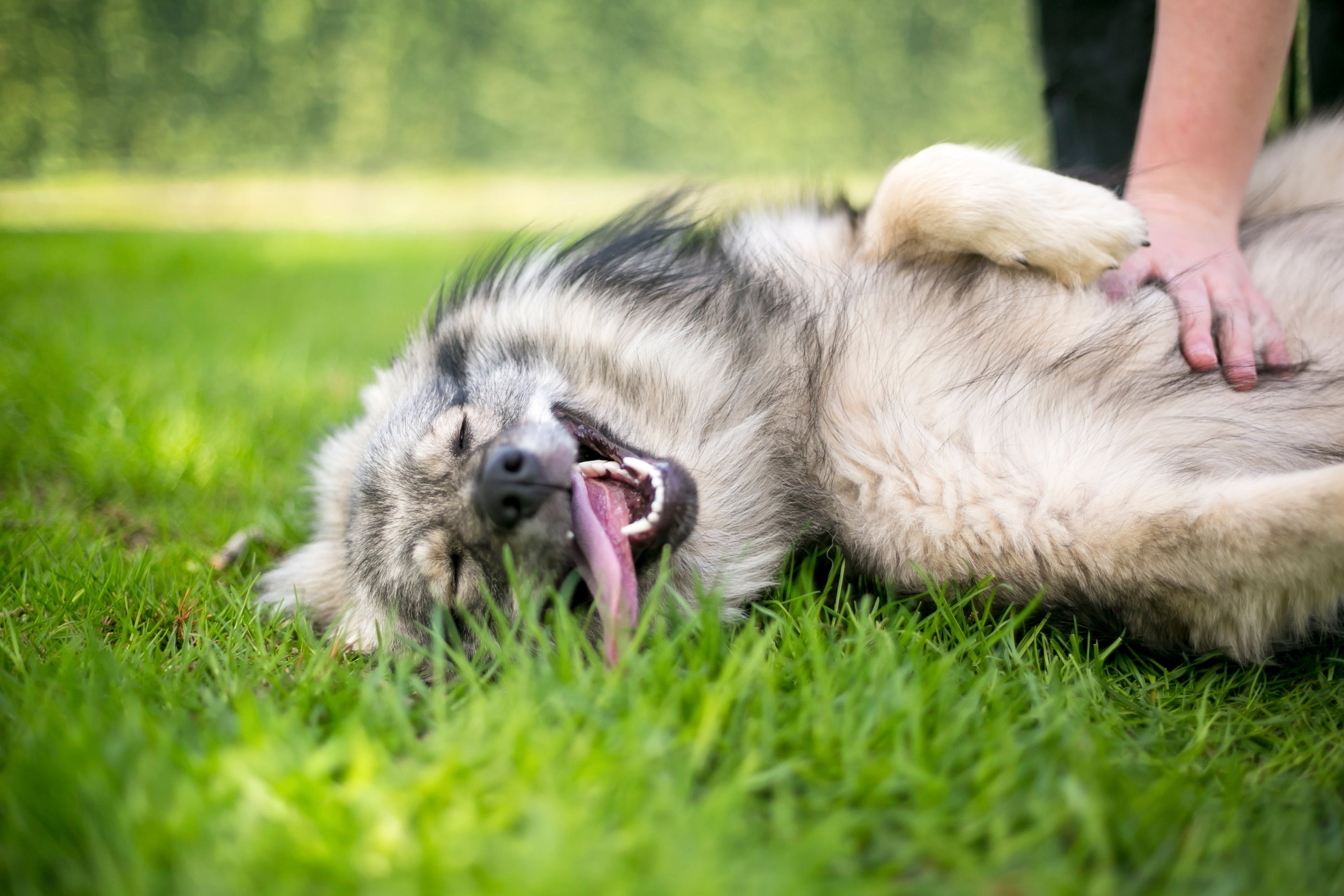Your cart is empty. Let's fix that!


This post was written by Sadie Cornelius, CanineJournal.com, LoveYourDog.com, and LoveYourCat.com
Gut health is a crucial component of overall health and well-being, not just for humans but also for our furry friends. Like us, pets rely on a healthy gut to absorb nutrients, maintain a healthy immune system, and prevent disease.
A balanced and diverse microbial community, proper digestion, and efficient nutrient absorption characterize a healthy gut in cats and dogs. The digestive system breaks down food, absorbs nutrients, and eliminates waste. The gut, or gastrointestinal tract, is a critical component of the digestive system and plays a key role in overall health and well-being.
In the stomach, food is mixed with stomach acid and digestive enzymes to break it down further. The partially digested food then moves into the small intestine, where the most nutrient absorption occurs. The small intestine is lined with tiny finger-like projections called villi, which help to increase the surface area for nutrient absorption. The partially digested food then moves into the large intestine, where water and electrolytes are absorbed, and the remaining waste is compacted and eliminated through the rectum and anus.
The gut also contains a complex and diverse population of microorganisms, known as the gut microbiome, which play a crucial role in maintaining overall health and well-being. Billions of bacteria, viruses, fungi, and other microorganisms work together to regulate the GI system. A healthy gut should have a balance of beneficial bacteria, such as lactobacilli and bifidobacteria. These microorganisms are crucial in keeping the gut balanced, promoting healthy digestion, and boosting the immune system.
However, many factors, such as diet, stress, antibiotics, and illness, can disrupt the balance of the gut’s microbiome, leading to digestive problems and other health issues such as irritable bowel syndrome, chronic diarrhea, and other gastrointestinal issues. The gut microbiome also significantly impacts the central nervous system, and an imbalance has been linked to pets developing anxiety and depression. Conversely, a healthy gut microbiome can help regulate the central nervous system and promote a calm and relaxed mind.
Some foods can help to promote a healthy gut in pets, including:
The digestive system and gut play a crucial role in pets' overall health and well-being. By feeding a balanced diet high in fiber, lean protein sources, and healthy fats that promote a healthy gut microbiome, pet owners can help maintain a healthy gut and support the wellness of their furry friends. "I and love and you"'s food is formulated real-meat first ingredient, digestive support, and has several high-fiber options.